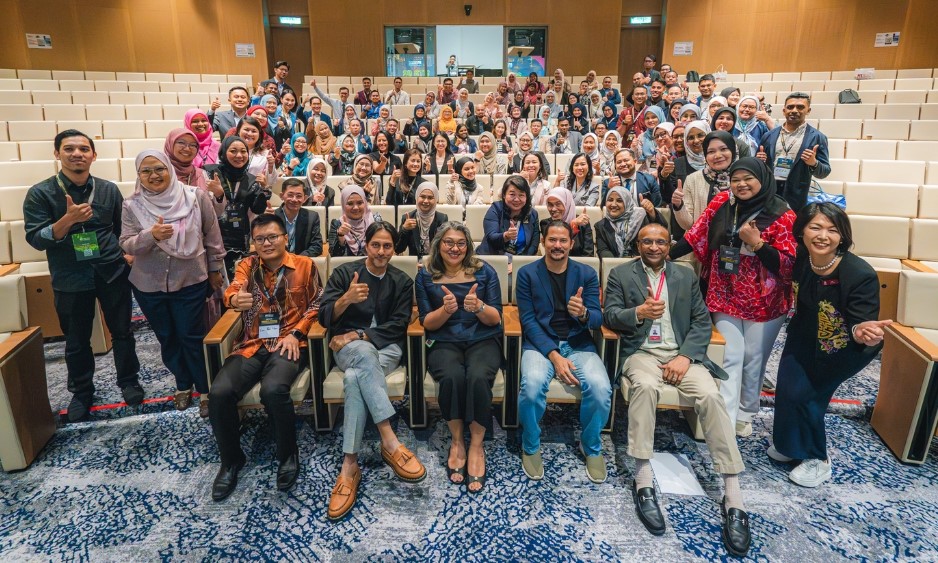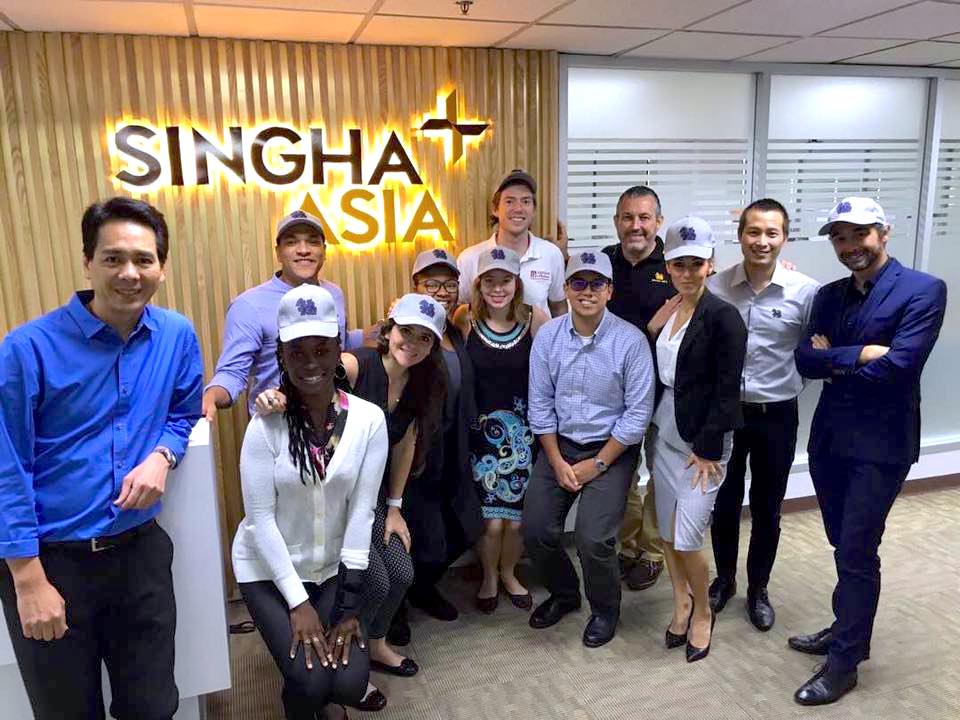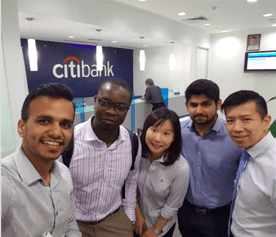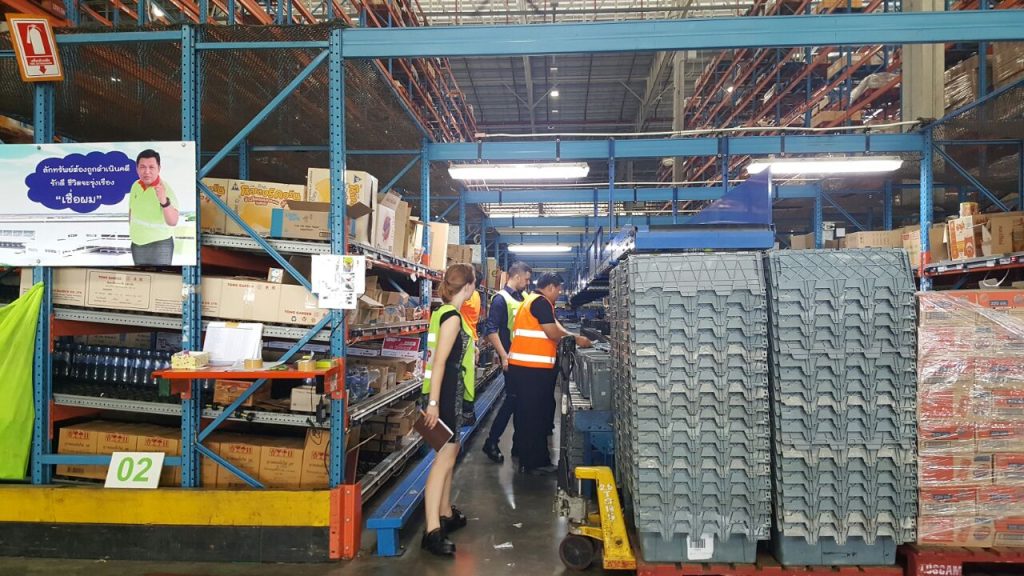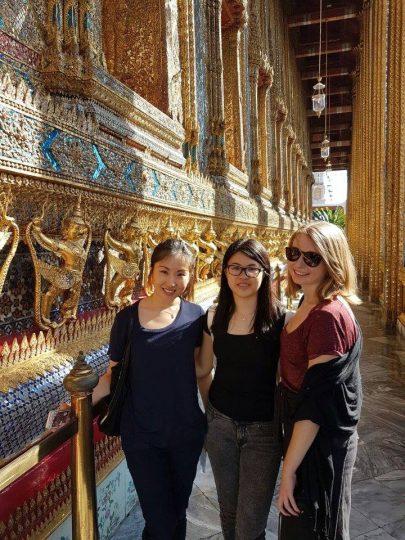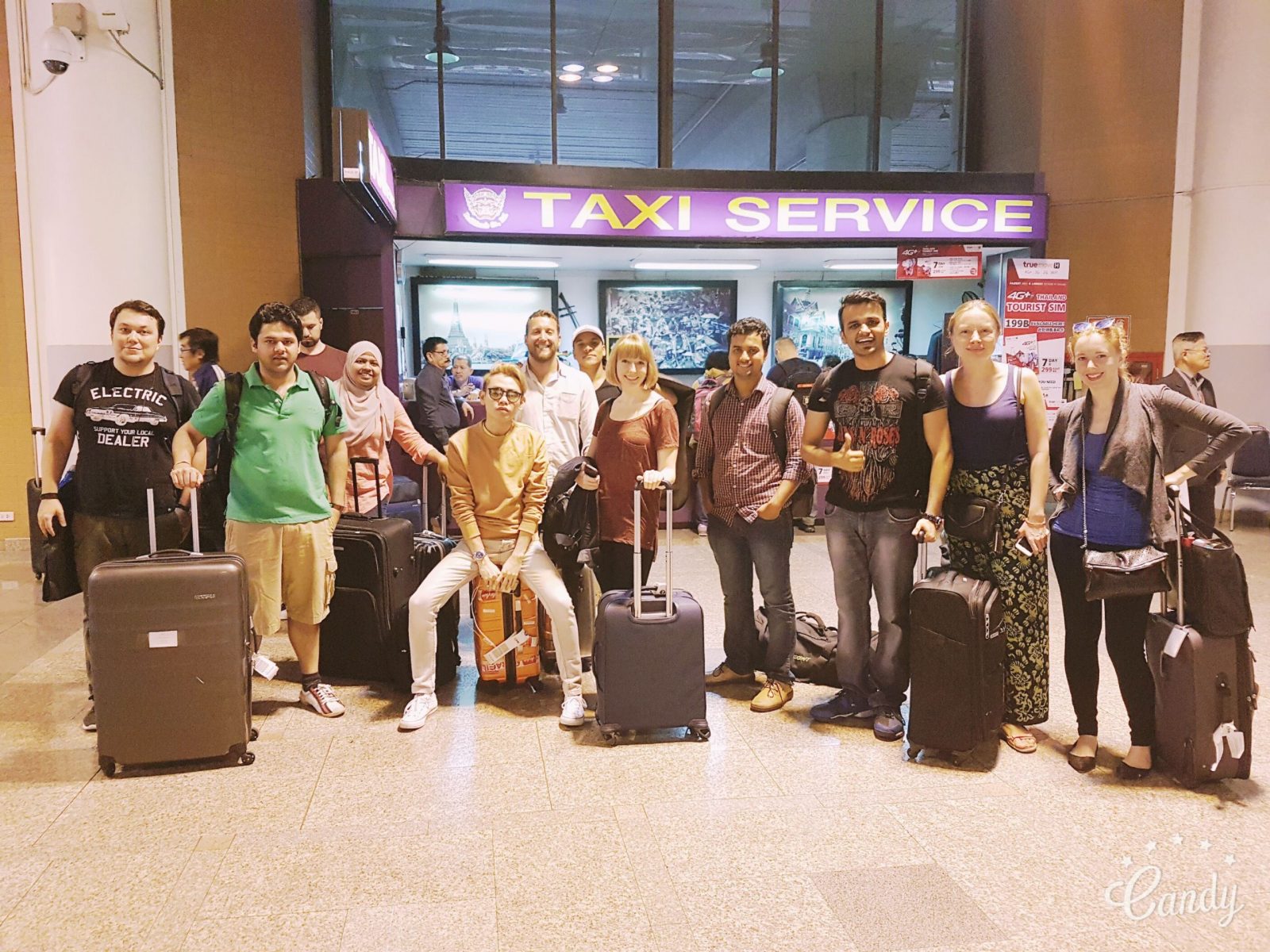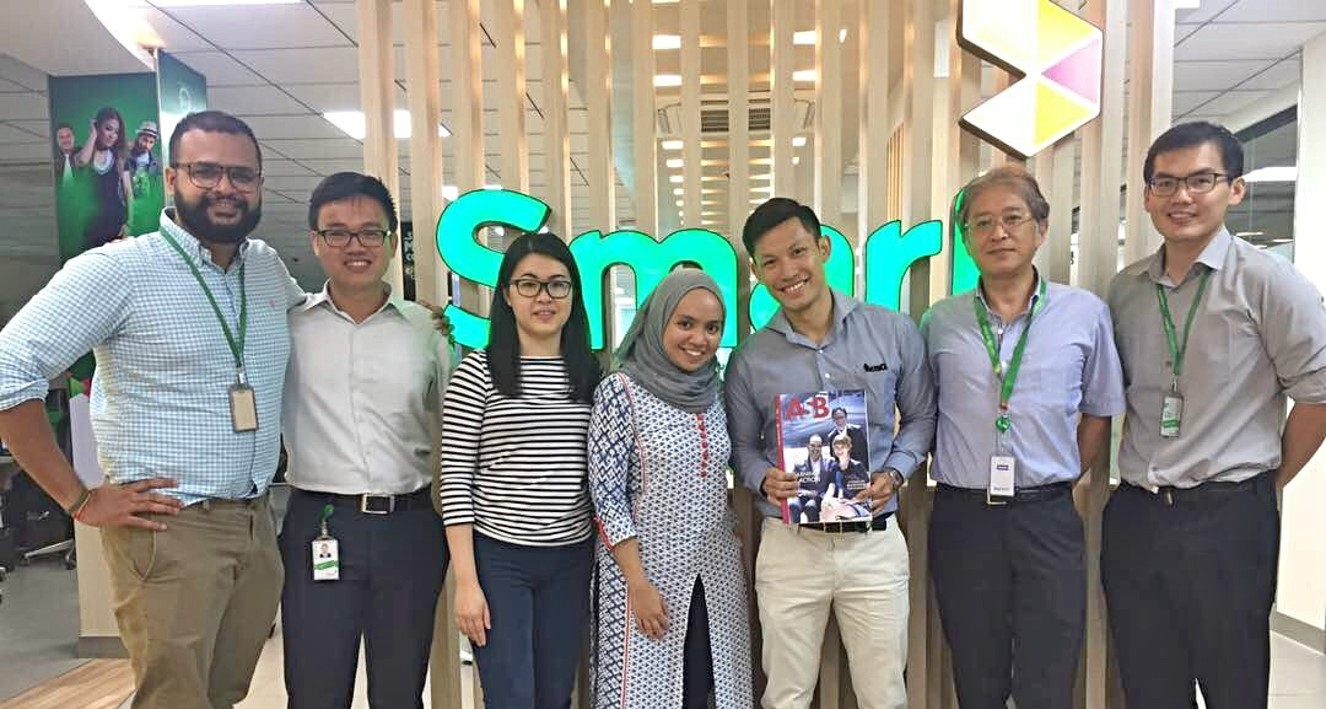Employers value business graduates with practical experience under their belts. According to a recent survey by the Financial Times, the most important skills recruiters look for include the ability to work in diverse teams, the ability to solve complex problems, and time management—all skills which are bolstered by working in a real-life business environment.
At Asia School of Business (ASB) in Kuala Lumpur, Malaysia, this need for practical skills forms the basis for their two-year MBA program. Intensive, real-life consulting projects—so-called Action Learning Projects—are a huge part of the MBA curriculum at ASB. Students at ASB—a school founded in partnership with MIT Sloan that aims to be on the front-line of Asia’s emerging markets—participate in five of these projects throughout their MBA, accounting for a third of their degree.
Working on one project throughout each term, students conduct two to three site visits, spending sometimes up to two weeks on site at a time. In the school’s first two years, ASB MBA students have participated in Action Learning projects in 18 different countries with 83 host companies. A total of 90% of the projects so far have taken place in Asia, with a focus on emerging markets in the ASEAN region.
Immersed in Asian Culture
For Angeline Stuma, a student from the US, Action Learning Projects offered the chance to get further immersed in a part of the world she had always loved to visit. Growing up in Kenya and India, Angeline experienced plenty of different cultures as a child, and these experiences have grown into a love for travel and exploring new places. “Choosing ASB was a no-brainer,” Angeline says.
“It aligned with what I wanted to do professionally, and I could get exposure living professionally in Southeast Asia.” Angeline started the MBA at Asia School of Business in 2016, and during the 20-month program worked with companies including Proctor & Gamble, Singha Beer, and advertising agency TBWA. In particular, Angeline credits the Singha Beer project, which took her to Vietnam and Thailand, with giving her immense exposure to the way of doing business in Asia.
“We started off in Thailand so we could understand Singha’s presence and dominance in the Thai market and we then went to Vietnam as that was the market they wanted to enter,” Angeline explains. Angeline spent a total of almost three weeks in Vietnam, conducting interviews with potential consumers in four of Vietnam’s biggest cities for Singha’s new beer brand, Leo.
“We travelled with translators to beer gardens, restaurants, bars, and clubs, to really understand where people are consuming beer and how they are consuming beer,” she explains. While the project was at times a challenge—“sometimes we would literally have to find a translator while we were travelling to the next city in a sleeper bus!” Angeline recalls—she says the project was a pivotal part of her MBA experience. “
Action Learning projects give you an appreciation of different cultures and, ultimately, humble you,” she reflects. “I definitely want to continue working in international roles that expose me to meeting different people and cultures.”
From Musician to the Malaysian Government
Malaysian student Eizaz Azhar has had a self-proclaimed “unorthodox” journey to the MBA at ASB. Eizaz got his start in the music industry, personally growing his home studio into a musical instrument wholesaler—“at one point we were one of the largest music retail stores in Malaysia!” Eizaz avows. “I’m a self-taught businessman—I see things really in dollars and cents,” Eizaz adds. “Before starting the MBA, I had to ask myself: have I learnt enough in my time doing business? Am I able to compete on a different level?”
Eizaz graduated last year, and, looking back now, Eizaz is certain that it was the Action Learning projects at Asia School of Business—especially his time working for Proctor & Gamble in Myanmar—that gave him the necessary skills to progress in the business world.
Working for P&G’s laundry detergent brand Ariel, Eizaz travelled to Myanmar to conduct market research and produce a market entry strategy for the brand. “We started on the ground, interviewing mums, housewives, or anyone that had been in contact with the brand,” Eizaz explains. Like Angeline, Eizaz had some unconventional experiences during the project.
“There was one point I had to conduct an interview with the P&G sales ladies, and I had to take a survey in the back of a moving truck on the highway!” Eizaz recalls. But it’s also these experiences that Eizaz credits with getting him his post-MBA job. “I got a call from the Malaysian government, from the director of the Ministry of Economic Affairs,” Eizaz says. “He said, ‘You’ve got experience in Myanmar, you’ve done interviews with people. Those skills are something we want.’ And that’s basically how I got the job.”
Asia-Ready MBAs
For Angeline and Eizaz, their experiences on the Action Learning projects at ASB have been crucial to giving them the skills to help them thrive in the business world of Southeast Asia. “There is no other learning experience that would give you a better network and foothold in Southeast Asia than these Action Learning projects that Asia School of Business is doing,” Eizaz states.
This article was originally published on BusinessBecause, a network helping MBA students make connections before, during and after their MBA.





